El Salvador
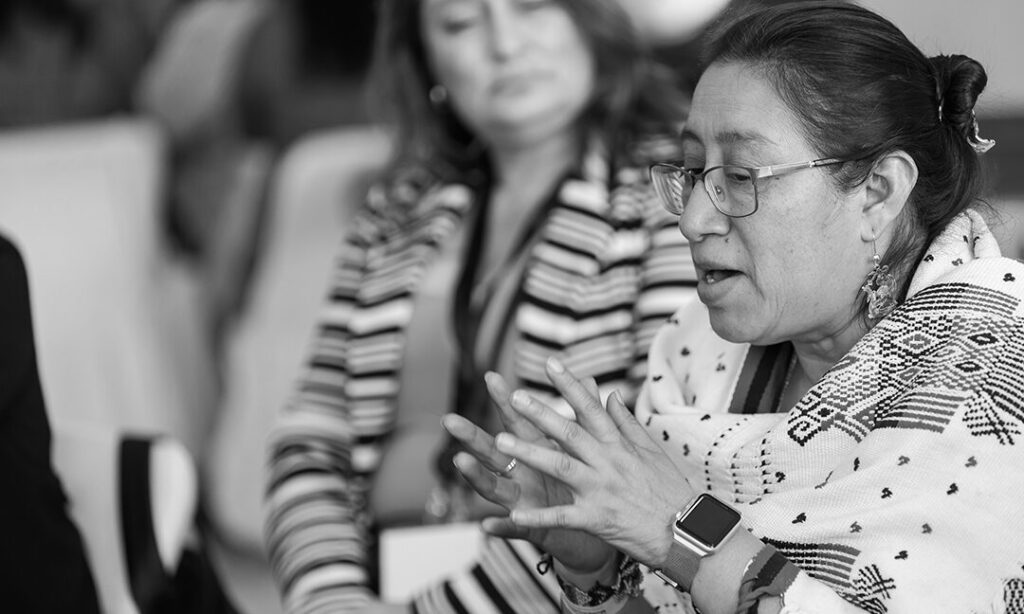
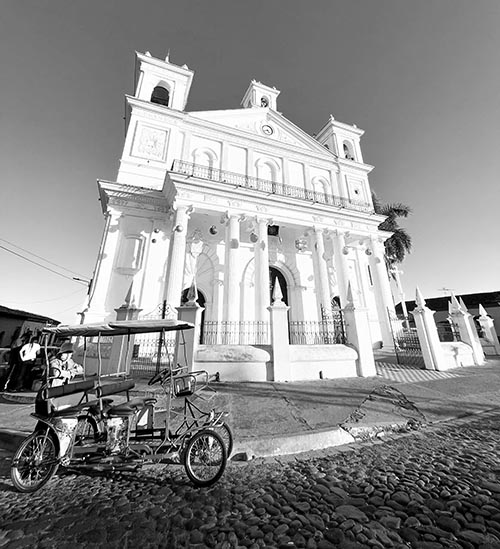
- NIMD in El Salvador: At a glance
- Qué hacemos
- Cómo lo hacemos
- Conozca al equipo
Main Objective
Promoting an inclusive democracy that represents the diversity and ambitions of all citizens, with particular attention to historically excluded groups.
Resultados
For over a decade, our Democracy Schools have focused on preparing a new generation of leaders to enter and make their mark on politics in El Salvador. Today, a diverse network of young individuals from across the political spectrum is ready and committed to working together towards a more inclusive and responsive democracy in El Salvador.
NIMD and partners have worked with 12 youth environmental organizations to enhance their capacity to influence public policy. Through a series of dialogues, these organizations collaborated with local governments to co-create agendas to protect and defend environmental rights. With the force of both youth organizations and local government behind them, these agendas hold a strong potential to drive meaningful change. Seguir leyendo.
With the support of NIMD and partners, civil society organizations have engaged in dialogue and collaboration with the Ministry of Health to ensure women and young people have access to sexual and reproductive health services. Together, they agreed that the participating organizations would take on a watchdog role in monitoring these services.
El Salvador: Political background
El Salvador’s political landscape has been profoundly shaped by its 1979-1992 civil war, which left behind a legacy of division, mistrust and deep societal wounds. Following the conflict, political parties remained locked in ideological extremes, with the left and right dominating a fractured landscape. At the same time, systemic poverty and corruption created further barriers, leaving many citizens excluded from meaningful participation in democracy. Women and young people in particular have faced significant challenges in having their voices heard and their needs recognized in political decision-making.
These challenges highlight the importance of inclusive governance for El Salvador. By addressing exclusion, supporting civil society and opening spaces for dialogue and collaboration, the country has an opportunity to rebuild trust and heal deep divisions. Encouraging open conversations and supporting civil society are key steps on this journey to a more democratic future.
Qué hacemos
NIMD has worked in El Salvador since 2012, striving to strengthen the democratic culture and support democratic reforms in the country. Our work traditionally focused on political party dialogue – bringing parties together to build respect and consensus.
However, since the ruling party won a supermajority in the 2021 elections, allowing legislation to be passed with little opposition, our political party work has taken a back seat. Adapting to the new context, we have shifted our focus towards fostering connections and networks among diverse groups – often at the local level.
We work directly with women, youth and other historically excluded groups. By building on their skills, providing chances for networking and creating opportunities to influence politics, we hope to create more chances for political participation. Our work amplifies voices, and aims to ensure all groups have their say in an inclusive and representative democracy.
Our work amplifies voices, and aims to ensure all groups have their say in an inclusive and representative democracy.
Lo que hacemos: En cifras
Cómo lo hacemos
La juventud en la política
Through a series of interconnected strategies, NIMD supports young people to meaningfully engage in decision-making processes in El Salvador.
First, through our Democracy Schools, we help young people build networks, and develop essential skills and knowledge to influence politics. But driving change requires not only preparation, but also opportunities to make your voice heard. That’s why, to complement our training, we provide platforms to amplify youth voices. For example, our intergenerational dialogues allow young leaders to engage directly with political decision-makers, share their ideas and perspectives, and expand their network.
Lastly, we support youth-led civil society organizations. Through training and grants, we ensure these organizations have the tools, knowledge and resources to shape future policies and drive meaningful progress.
One notable example is our support to youth-led environmental rights organizations. Beyond providing training, NIMD and our partners, Christian Aid y Acua, organize and facilitate dialogues between these youth organizations and local governments. These dialogues serve as vital platforms for youth leaders to establish meaningful connections with local authorities and build trust. More importantly, they are also a chance for collaboration and consensus. Indeed, many of the dialogues have resulted in co-created agendas – with the power of both civil society and local government behind them – to protect environmental rights. Our next step is to support the youth organizations as they advocate for the implementation of these agendas, ensuring their voices drive real change in their communities.
Las mujeres en la política
At NIMD, we believe in the importance of political participation for women in all their diversity. Across our programmes, we have witnessed how women’s perspectives enrich governance and foster social cohesion, ultimately strengthening democracy.
That’s why we collaborate directly with women from across the political spectrum. Through dialogue and training workshops, we create spaces where women leaders can connect across political divides, build networks, and coordinate cross-party initiatives that promote gender equality.
These include training for civil society leaders on how to effectively influence policy; and dialogues between women-led civil society organizations and public institutions to strengthen relationships and promote shared advocacy efforts.
For example, we connect women’s organizations with local government to protect environmental rights; and enhance the collective remembering and recording of events in El Salvador’s history of civil conflict. Through this work, we focus especially on those marked by trauma or injustice. The initiative seeks to ensure that these stories are told from the perspective of those who lived through them, preserving their voices and experiences for future generations.
We believe there is an important link between Memoria Historica and environmental rights, as communities often seek to document and address the environmental injustices they have faced, particularly in the context of land conflicts, resource exploitation and the impacts of climate change. Through our project, we focus on the importance of addressing these past injustices and building a more equitable and sustainable future.
"Women's perspectives enrich governance and foster social cohesion, ultimately strengthening democracy."
Educación para la democracia
NIMD El Salvador’s Democracy Schools bring people together in a safe space where they can deepen their skills; enhance their knowledge; engage in dialogue; share experiences; and inspire one another to continue to work towards a more inclusive democracy.
Our focus is on youth, equipping young participants from political parties and civil society young political party members with the tools they need to influence politics and become responsive political leaders. The curriculum covers human rights and democratic values, alongside practical political leadership skills, such as dialogue, campaigning and debating.
Given our focus on inclusive politics in El Salvador, we ensure that structurally excluded groups are represented in our Democracy Schools. Through our programme and support, we also aim to recognize the unique challenges faced by participants who belong to more than one structurally excluded group, due to the overlap of their multiple identities.
Today, our traditional Democracy School for young leaders runs alongside our newly established school for woman human rights defenders. Informed by a needs assessment of civil society organizations, these schools provide tailored training to strengthen participants’ ability to advocate effectively for human rights, gender equality and inclusive governance.
Conozca al equipo
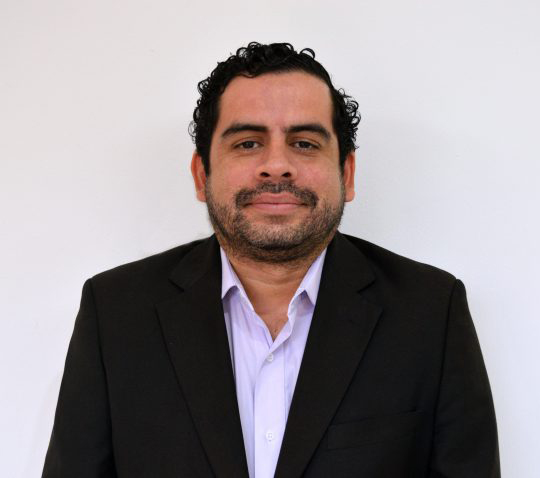 Juan Meléndez
Country Director, NIMD El Salvador
Seguir leyendo
Juan Meléndez
Country Director, NIMD El Salvador
Seguir leyendo
Juan Meléndez has over 15 years of experience working in public policy. Before joining NIMD in 2018, he was Coordinator of Social Policy for the Technical and Planning Secretariat of the Presidency. Juan has received training in the design and evaluation of social programmes by the Economic Commission for Latin America and the Caribbean, and the World Bank among others.
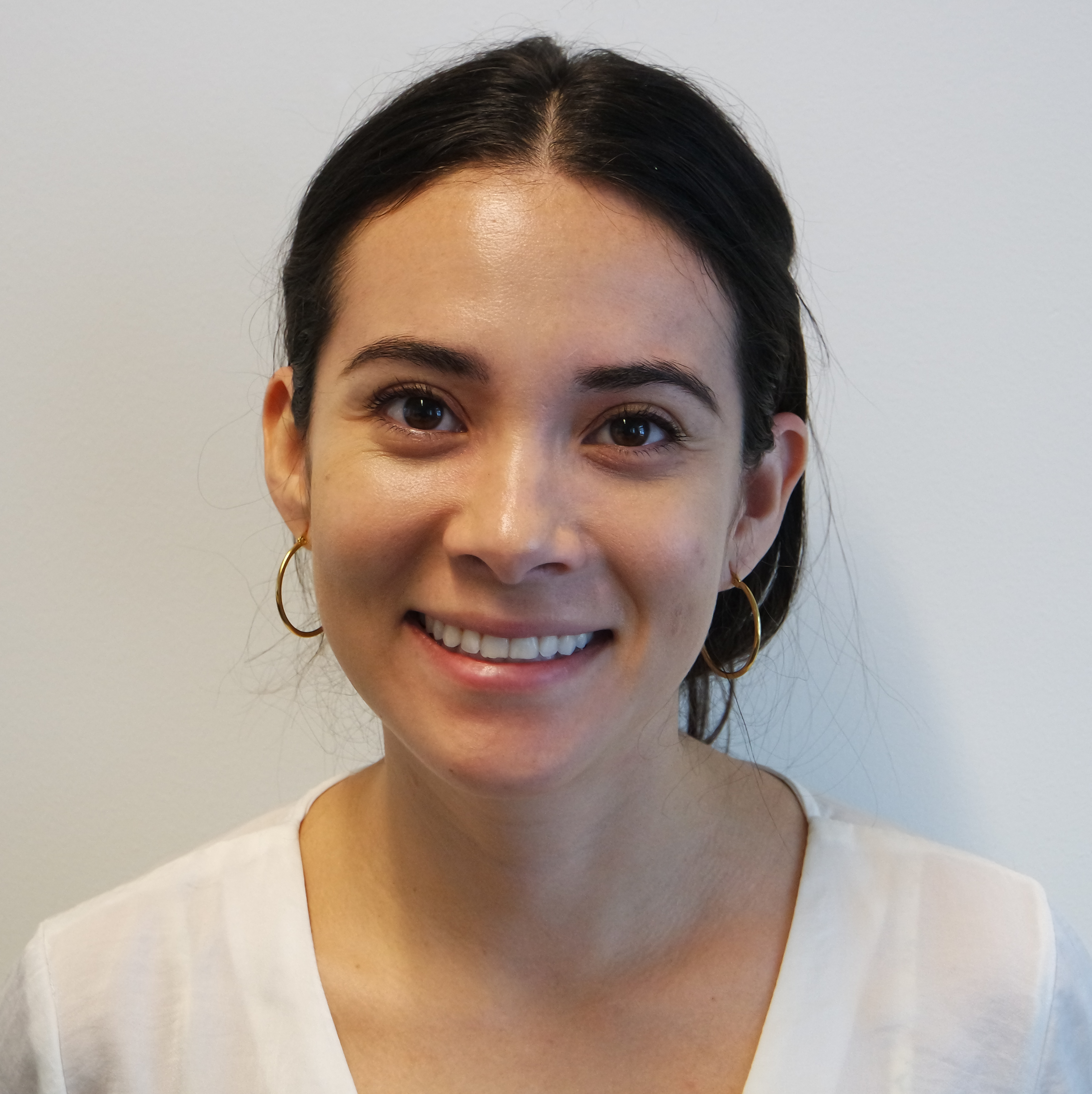 Daniela Montero
Asesor de programas y conocimientos
Seguir leyendo
Daniela Montero
Asesor de programas y conocimientos
Seguir leyendo
Daniela Montero is the focal point in The Hague working with the El Salvador team.

Juan Meléndez has over 15 years of experience working in public policy. Before joining NIMD in 2018, he was Coordinator of Social Policy for the Technical and Planning Secretariat of the Presidency. Juan has received training in the design and evaluation of social programmes by the Economic Commission for Latin America and the Caribbean, and the World Bank among others.

Daniela Montero is the focal point in The Hague working with the El Salvador team.
Con quién trabajamos
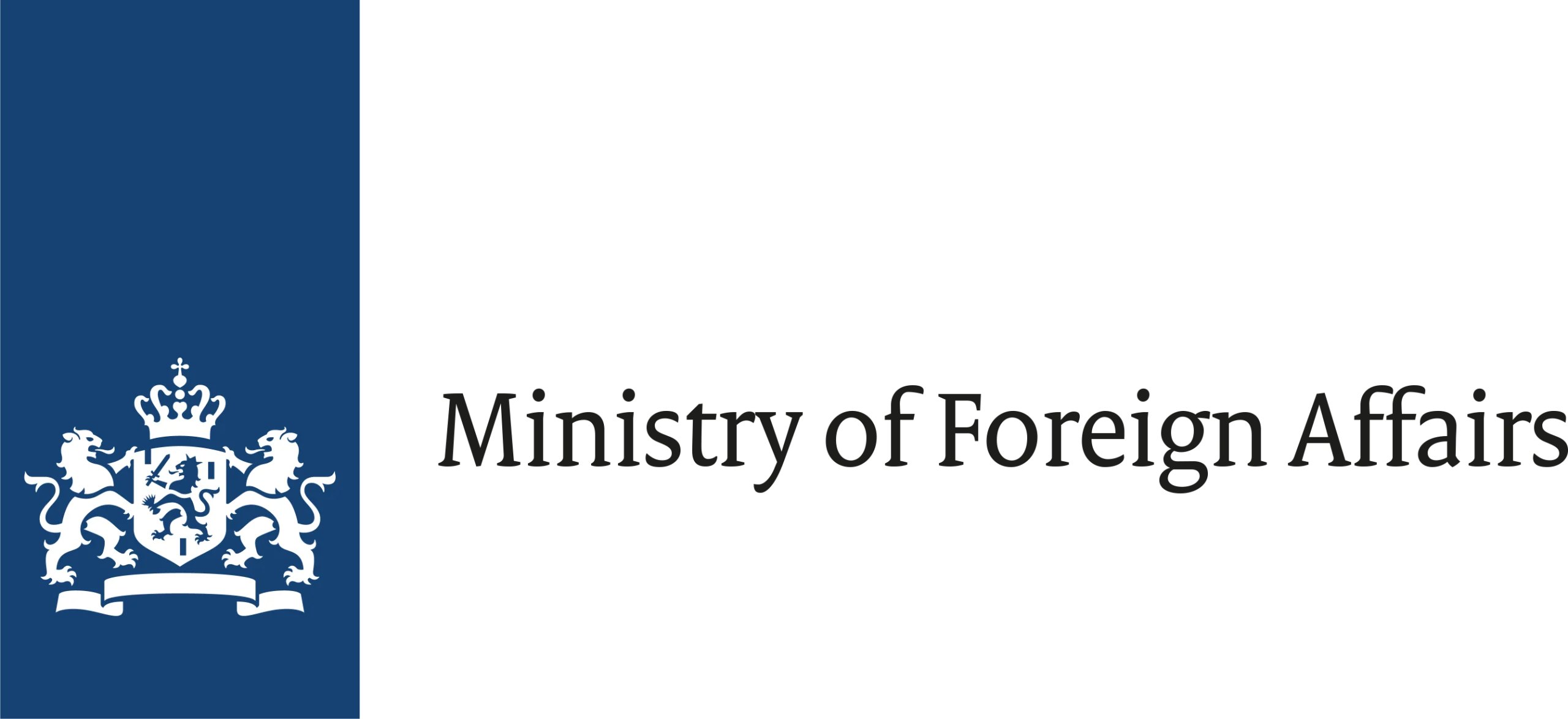
Our work on youth and women’s political participation is funded by the Netherlands Ministry of Foreign Affairs.

We implement three projects with funding from the European Union. These include our work on sexual and reproductive rights; our work with local governments on citizen participation and dialogue; and our work with youth-led environmental rights organizations.
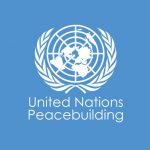
Our work with women-led organizations, to protect environmental rights and enhance the collective remembering and recording of events in El Salvador’s history of civil conflict is funded by the United Nations Peacebuilding Fund (UNPBF).
 Facebook
Facebook X
X